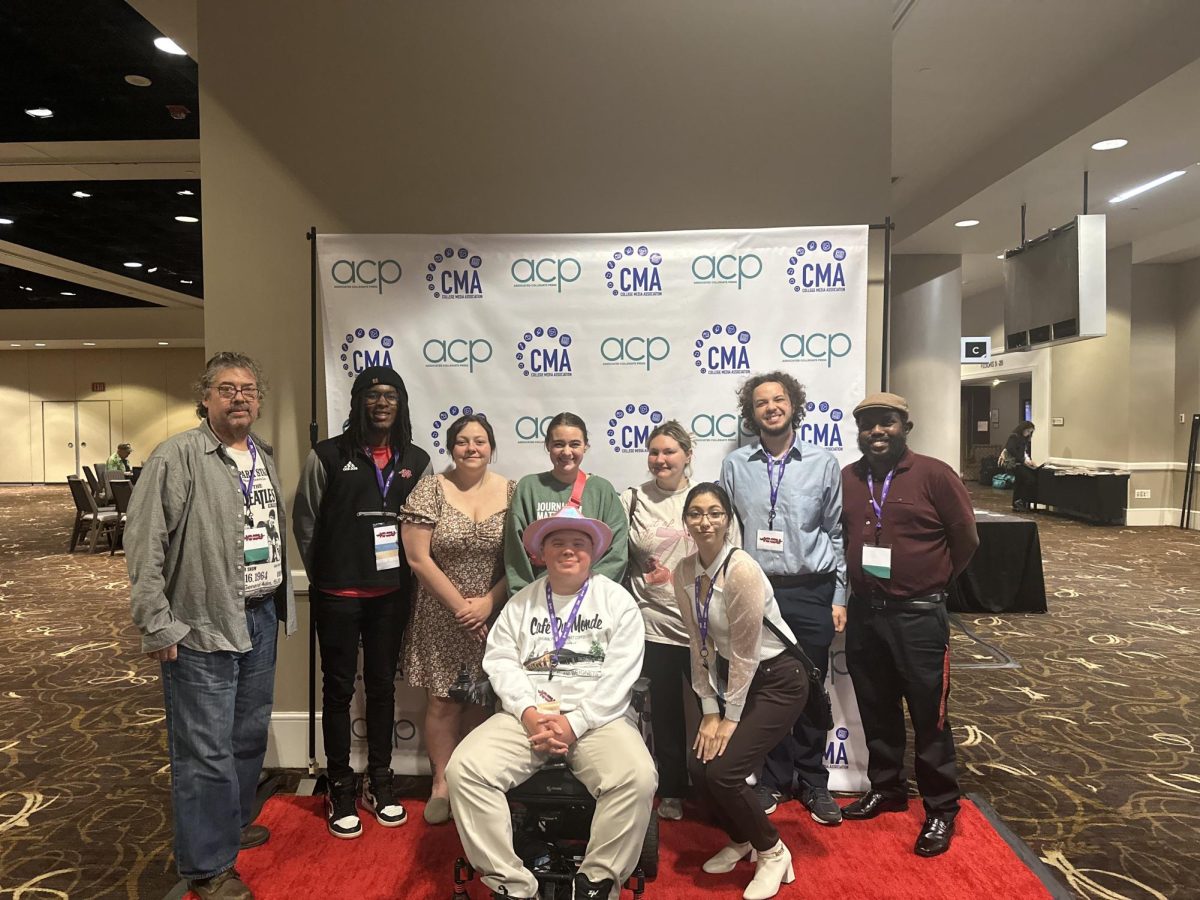METAIRIE, La. (AP) – Harry Lee, the seven-term suburban New Orleans sheriff whose blunt talk sometimes led to sour relations with black leaders, died Monday after a month-long battle with leukemia, his chief deputy announced. He was 75. Lee announced in April that he was battling leukemia. Although he reported in June that it was in remission, it returned in August. Even so, Lee signed up to run for re-election as sheriff of Jefferson Parish in the Oct. 20 election. Characteristically plainspoken, he had recently told a New Orleans television station that anyone who ran against him would be committing “political suicide.”
Even in a state with a long history of brash and colorful politicians , fiery orators like Huey and Earl Long, country singer Jimmie Davis, the dapper Edwin Edwards , Lee cut an uncommon figure: a rotund, white-haired Chinese-American with a penchant for western wear and a love of country music.
“As a law enforcement professional and as a fixture of Louisiana politics, Harry Lee was one of a kind,” Gov. Kathleen Blanco said. “It is sad that Louisiana has lost such an extraordinary and colorful leader.”
Lee’s early public service included work as an aid to the late U.S. Rep. Hale Boggs, one of the few Southern congressmen who supported civil rights legislation. In the early 1970s, he was a federal magistrate in New Orleans. “I let so many blacks out of jail, they nicknamed me the slant-eye Abe Lincoln,” Lee once told The Associated Press in an interview.
His image was that of a law-and-order hero in conservative Jefferson Parish, a Republican stronghold. But Lee was a Democrat. And he was an unapologetic friend and supporter of Edwin Edwards, the populist Democrat (eventually imprisoned on corruption charges) who was elected governor four times with strong black support.
Still, it was his clashes with local black leaders as sheriff of the mostly white New Orleans suburb that often made headlines during his nearly three decades as sheriff.
The most recent such disagreement came after Hurricane Katrina devastated the region in 2005. Lee’s agency faced an upsurge in crime, blamed largely on the illegal drug business that had been dislodged from neighboring New Orleans.
Lee prompted outrage by suggesting his deputies could randomly question young black men in high-crime areas. Lee later abandoned the plan, but made no apologies for it during a joint news conference with Dannatus King, local head of the National Association for the Advancement of Colored People.
Lt. Kenneth Jones, the sheriff’s liaison with the black community, who is black, said he was one of the deputies who urged the sheriff to make the random stops as a means of helping get guns off street.
In 1987, Lee was blamed by many for putting up temporary barricades between mostly black New Orleans and mostly white Jefferson Parish. The barricades were actually ordered up by the Jefferson Parish Council, according to news reports. However, Lee was quoted as saying at the time that the controversy might help his re-election bid that year. In another incident, following a rash of robberies in white neighborhoods, he ordered his deputies to arbitrarily stop “young blacks in rinky-dink cars” driving in white neighborhoods. He later backed off.
When nutria, large water-loving rodents, started digging holes in the vital levee system, Lee sent armed deputies to hunt them down, leaving more than a few animal rights activists displeased.
All the brouhahas never seemed to hurt popular support for this true rarity in Louisiana politics, an elected Chinese-American. Lee always denied the charges of bigotry and said they were hurtful for a man born in the back room of a Chinese laundry at the height of the Great Depression in 1932.
“Even when people disagreed with his techniques, few doubted his dedication,” New Orleans Mayor Ray Nagin said. “He was an original, and he will be missed.”
Other than a brief, abandoned run for governor in 1995, Lee never sought statewide office. But he was immensely popular in populous Jefferson Parish and politicians running for statewide office often sought his support.
Two people had signed up to run against Lee. His death means qualifying for the Oct. 20 sheriff’s race must be reopened under state law. Jacques Berry, a spokesman for the Louisiana Secretary of State’s office, said qualifying for the race would reopen Tuesday and run until 5 p.m. Thursday in Jefferson Parish. The primary will be pushed back to Nov. 17 if additional candidates sign up, he said. Otherwise, it will remain Oct. 20.
Berry said all absentee ballots for the sheriffs’ race, to date, will not count.







